Leadership Retreats, Done Well.
Description: vintage image of two men in suits next to a globe. Image credit: Shutterstock.
Offsite retreats are in vogue. It’s easy to see why.
With workforces remote (or partially so), communications straitened, and employees reevaluating their careers, leadership teams are coming together in small groups to tackle complex challenges.
As a facilitator, coach, and culture-strategy specialist, I frequently develop and lead retreats as a third-party facilitator.
But whilst having a specialist lead your offsite will make a significant difference to its success, not everyone opts to do so.
Robust facilitation makes a huge difference, but as with so many things, the key to success is preparation:
Consider your goals. What do you want to gain from the experience? What will the team and organization benefit from the most? Paintballing and rock climbing are a fun change of pace - but if your goal isn’t merely to bring people together and you’re not tackling organizational challenges head-on, you’re doing it wrong.
Tease out the “elephants in the room”. What challenges does the team/organisation face that aren’t openly discussed? Is there a major budget shortfall? Is someone key failing to pull their weight? Is the organization reeling from an incident it just can’t seem to move past? To what degree are there (unproductive) tensions between teams or between the “old guard” and “new guard”? It’s better to gauge the current reality before your retreat begins than it is to gripe about it on the trip home. (And if you’re the most senior person, you will have to work harder to get people to speak freely in your presence.)
Find the right facilitator. If not me, consider who on your team has solid communications and listening skills, the ability to put their own agenda to the side, and the credibility and influence to draw people out and keep the discussion productive. This person doesn’t need to - and perhaps shouldn’t - be the most senior person attending. If you’re bringing in a facilitator, check their credentials and ask about their track record and approach.
Plan for productive conflict. If your team appears to agree on everything, that is a major red flag (why aren’t people speaking up, sharing ideas, or innovating?). Equally, if everyone’s always in conflict, the culture is likely to be hard-going and unproductive. Set expectations for a robust dialogue. Encourage those who don’t usually speak up to do so. Be clear about which aspects of discussion are highly iterative and designed to draw out ideas and which are more about finding agreement and aligning on next steps.
Create a realistic agenda. Half a day spent tackling something important will have a more positive impact than 3 days spent failing to address what matters (hint: the topic that keeps coming up in hushed tones during the lunch breaks). Incorporate breaks and interactivity throughout. If one or two people are dominating every discussion, you’re throwing your time and resources away.
In my process, key players are interviewed ahead of time and all participants are surveyed anonymously - to get clear on goals, roles, and potential distractions that should be adequately addressed or defused. I create an agenda, refine it in partnership with you, and keep everyone accountable to the process and goals before, during, and after the event.
If this sounds of interest to your organisation, get in touch and let us know.
—
Ellie Hearne is founder of Pencil or Ink – a leadership-communications practice in New York City. She works with leading organizations to enhance performance through culture and is currently studying Organisational Leadership at Oxford University’s Saïd Business School. She publishes a monthly newsletter on worklife, culture, and leadership - available here.

